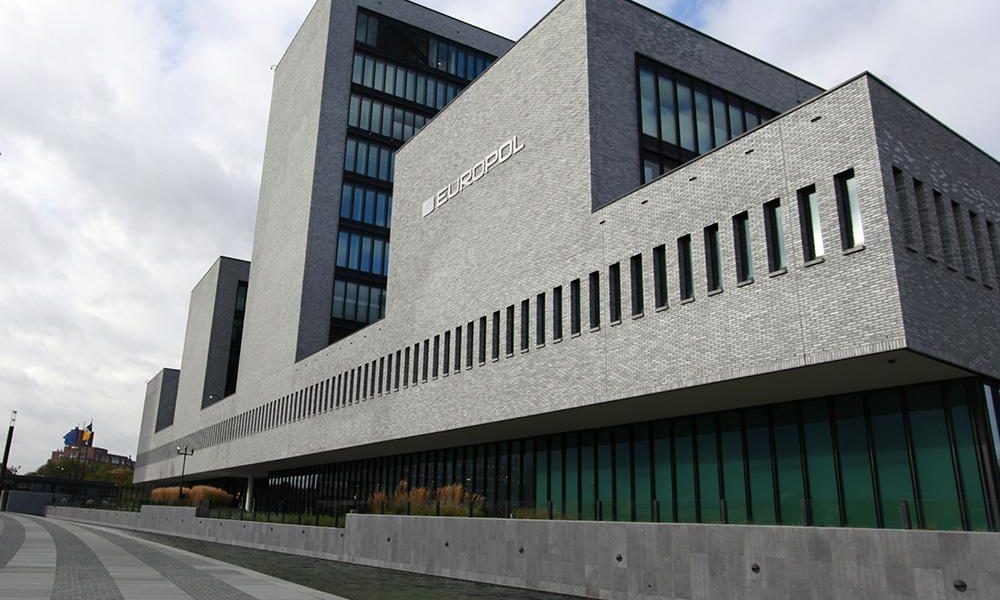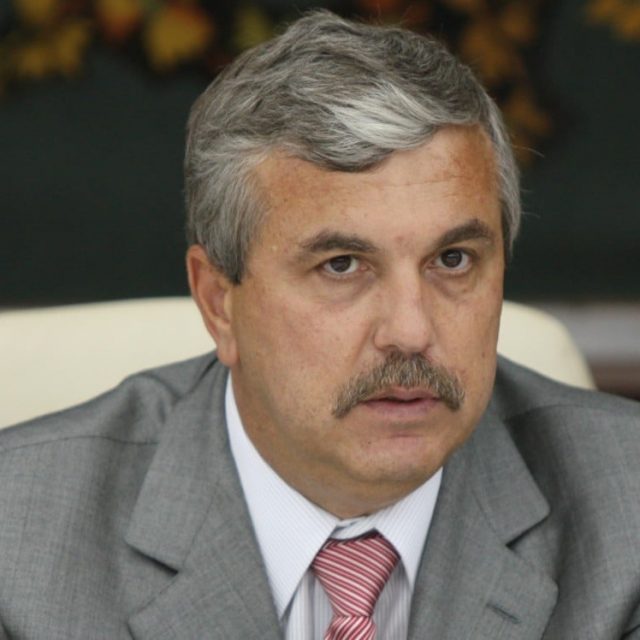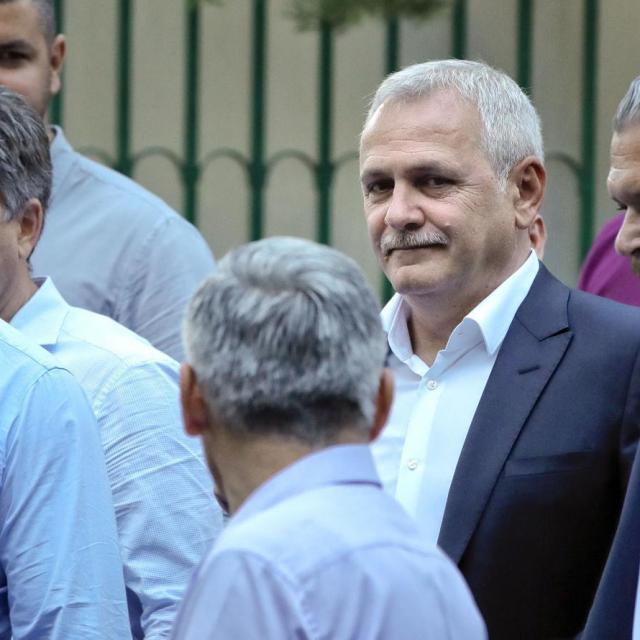The European Commission has presented new proposals for the reform of
Europol and a strategy to combat terrorism. Europol has just been
reprimanded by the European Data Protection Supervisor (EDPS). Now it is
to be allowed to collect large amounts of data on non-suspects such as
cell-mast data. In addition, the EU Commission’s counter-terrorism
strategy advocates, among other things, facial surveillance in public
places.
MEP Patrick Breyer (Pirate Party) commented on the anti-terrorism strategy.

He said, “It is vital that we get the fight against terrorism right, so that it
doesn’t jeopardise our fundamental rights, which would be doing the
terrorists work. The proposed mass surveillance of innocent citizens by
deploying error-prone and discriminatory face surveillance in public
spaces as well as recording everybody’s travel movements is the work of
surveillance extremists. Only recently did the EU Commission consider a
facial recognition moratorium – today, it suddenly calls for the opposite.”
“With its plans to break secure encryption, the EU Commission is putting
the general security of our private communications and public networks,
business secrets and state secrets at risk for short-term surveillance
reasons. Opening the doors to foreign intelligence services and hackers
is irresponsible and puts whistleblowers as well as opposition members
in dictatorial regimes such as Hong Kong and Belarus, at risk. There is
no such thing as a partial back door!”
“No amount of mass surveillance can make up for authorities repeatedly
having failed to watch terrorists-to-be known to the police long before
they carried out an attack. In countering terrorism there is no deficit
in surveillance, there is a deficit in targeted enforcement!”
As a member of the Europol Supervisory Body “JPSG”, Breyer also comments on the proposed Europol reform: “With its proposal, the Commission is trying to legalise illegal Europol activities instead of stopping them: According to the European Data Protection Supervisor, Europol has been illegally storing mass amounts of data on non-suspects transmitted by national intervention authorities for years. These are large amounts of data (cell-mast data, and passenger lists) of people who are in no way connected to criminal activities. As a consequence, innocent citizens run the risk of being wrongfully suspected of having committed a crime.”
“Police cooperation in Europe is crucial. To achieve this, however,
Europol must be effectively controlled and prevented from breaking the
law. The so far superficial supervisory mechanisms need to be vamped up,
so illegal practices by Europol can be detected and stopped”.




